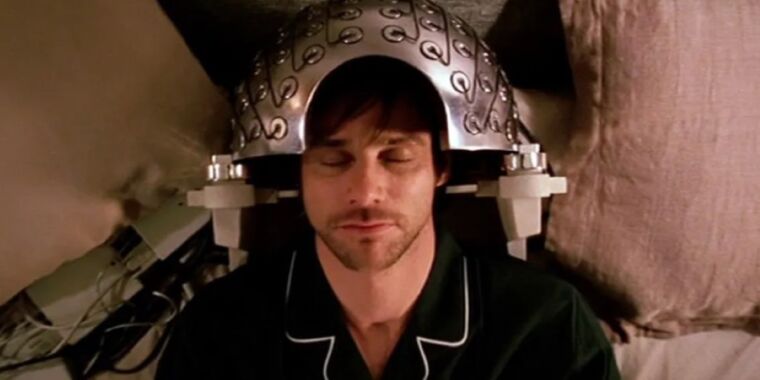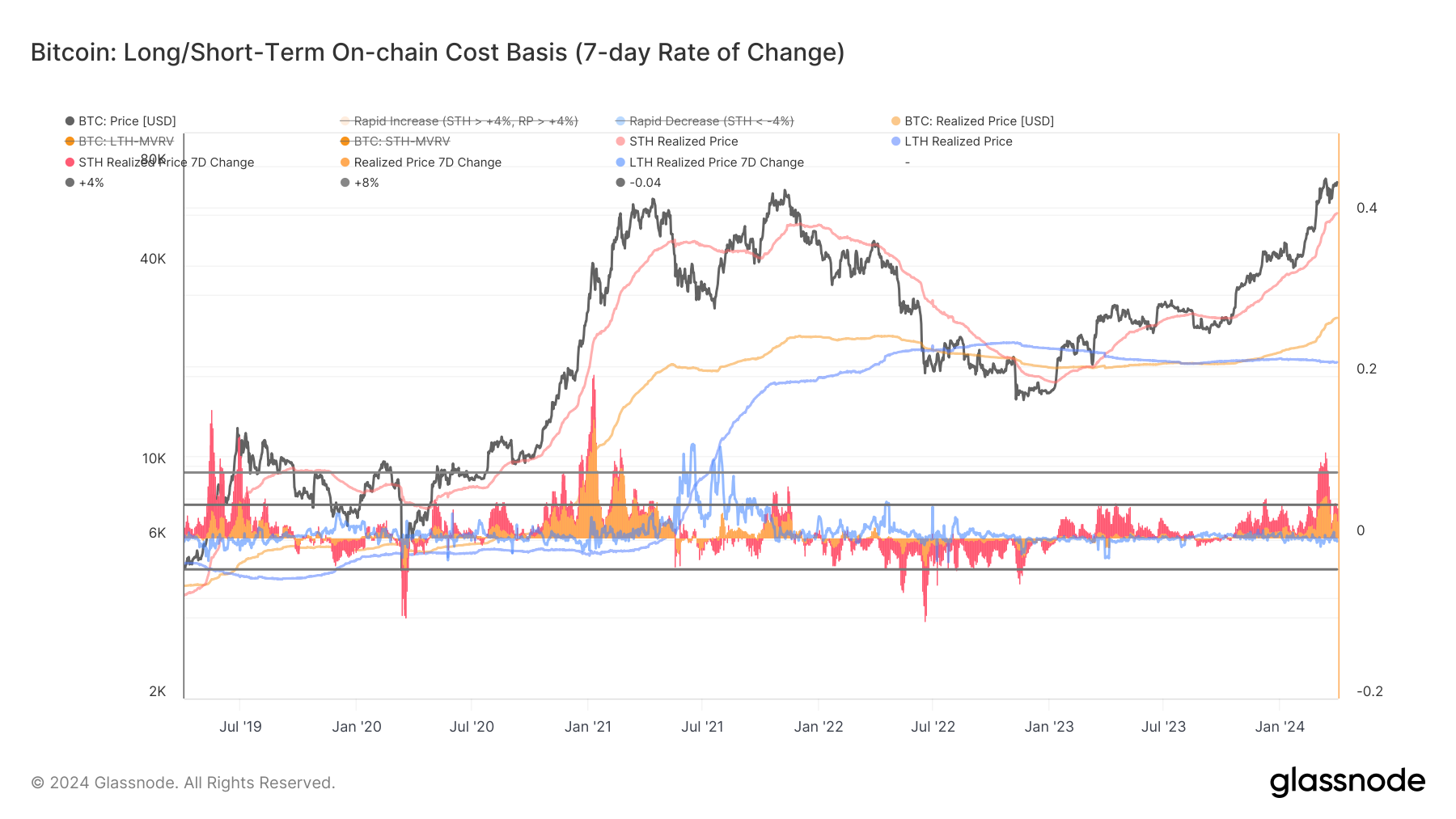Eternal Sunshine of the Spotless Mind: 20 Years Later
Last week, the 2004 cult classic “Eternal Sunshine of the Spotless Mind” celebrated its 20th anniversary, inviting audiences to revisit the surreal sci-fi psychological drama that captivated viewers with its unique premise. The film follows the story of two former lovers who choose to erase their memories of one another, only to rediscover their love in an unexpected journey. The enduring popularity of Eternal Sunshine speaks to its success both in the box office and among critics, solidifying its place as a timeless favorite in cinematic history.
Exploring Themes and Origins
Director Michel Gondry and co-writer Pierre Bismuth initially conceived the concept for the film in 1998, inspired by a poignant conversation about memory loss. With the addition of renowned screenwriter Charlie Kaufman, the trio crafted a compelling narrative that delved into the complexities of memory, identity, love, and loss. Their collaborative efforts culminated in an Oscar win for Best Original Screenplay, underscoring the film’s profound impact on audiences.
The title itself draws from a 1717 poem by Alexander Pope, “Eloisa to Abelard,” which reflects on the challenges of forgetting a loved one and the solace found in oblivion. Through the characters of Joel and Clementine, played by Jim Carrey and Kate Winslet, the film explores the intricate layers of human emotion and connection, culminating in a poignant and unexpected reunion that defies conventional storytelling.
As Joel navigates the fragmented landscape of his memories in reverse, viewers are invited to witness the unraveling of a poignant love story that transcends time and space. The nonlinear narrative structure adds a layer of complexity to the film’s exploration of the human psyche, inviting audiences to reflect on the nature of relationships and the enduring power of love.
The Science Behind the Story
Over the past two decades, numerous discussions have ensued regarding the scientific plausibility of the memory erasure technology depicted in the film. The concept of memory reconsolidation, a process whereby memories are recalled and altered during retrieval, forms the basis of the film’s premise. While the portrayal of memory manipulation may take liberties with scientific accuracy, it serves as a springboard for contemplating the intricate relationship between memory and emotion.
Recent advancements in neuroscience, particularly in the study of memory consolidation and reconsolidation, have shed light on the malleability of human memory. By recalling and reshaping traumatic memories, researchers have explored the possibility of decoupling negative emotions from past experiences, offering new insights into the therapeutic potential of memory manipulation.
However, as with all science fiction, “Eternal Sunshine” extrapolates on existing scientific knowledge to provoke philosophical inquiries about the nature of memory and identity. The film’s exploration of the subjective nature of memory challenges viewers to reconsider the significance of personal experiences and the enduring impact of past relationships on the present.
Philosophical Reflections and Insights
To commemorate the film’s 20th anniversary, we turn to renowned philosopher Jenann Ismael for a philosophical perspective on the themes explored in “Eternal Sunshine of the Spotless Mind.” Ismael’s expertise in physics, metaphysics, cognition, and theory of mind provides a unique lens through which to investigate the philosophical implications of memory, identity, and consciousness.
Through Ismael’s guidance, we delve into the profound questions raised by the film, contemplating the intersections of memory, selfhood, and temporal existence. By intertwining philosophical inquiry with cinematic artistry, we embark on a journey of introspection and intellectual discovery, exploring the enduring relevance of “Eternal Sunshine” in challenging our understanding of the human experience.
As we reflect on the film’s enduring legacy, we are reminded of the timeless allure of stories that transcend the boundaries of time and memory, inviting us to contemplate the intricate tapestry of human emotions and connections that define our existence.
Image/Photo credit: source url





